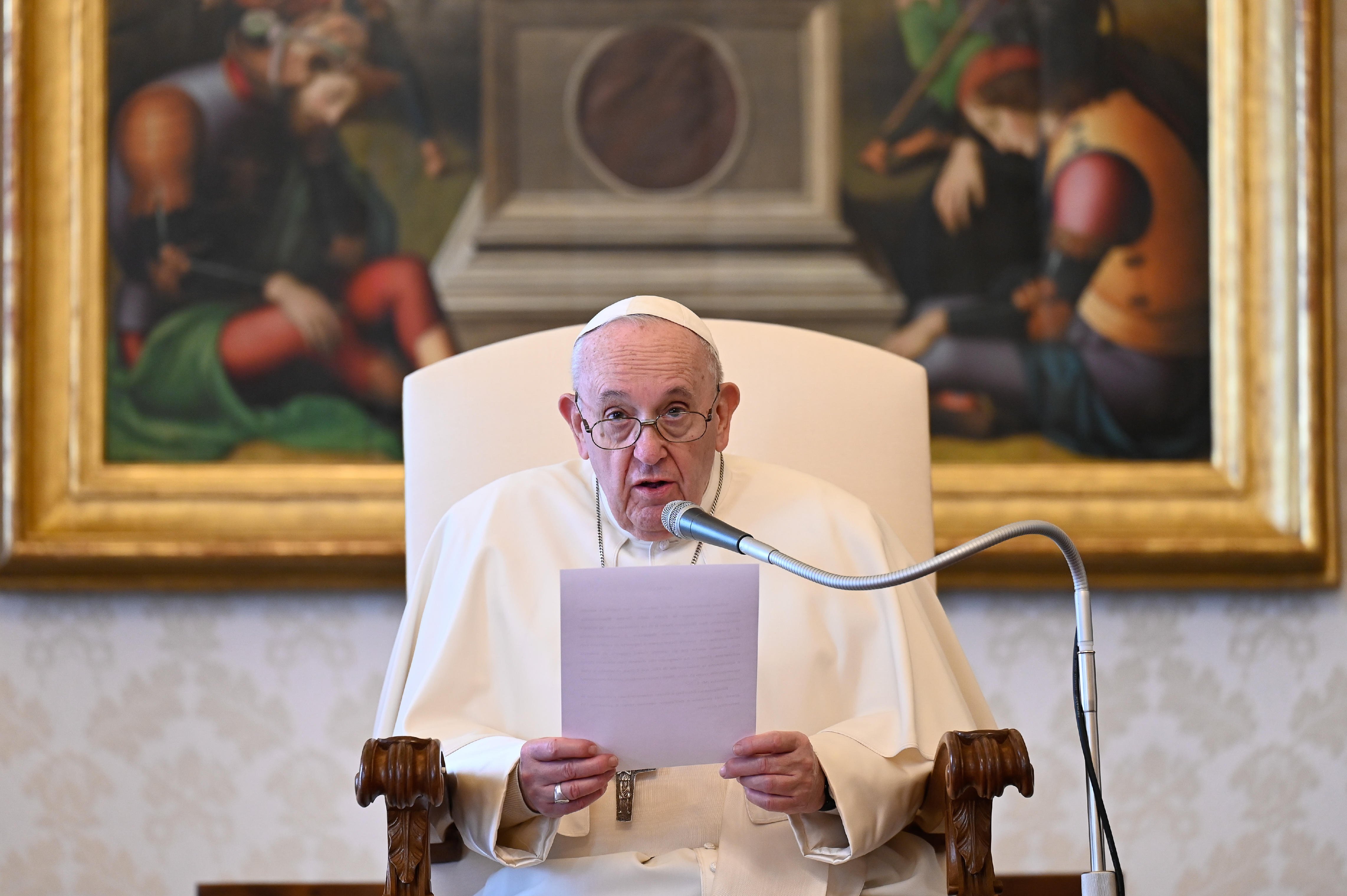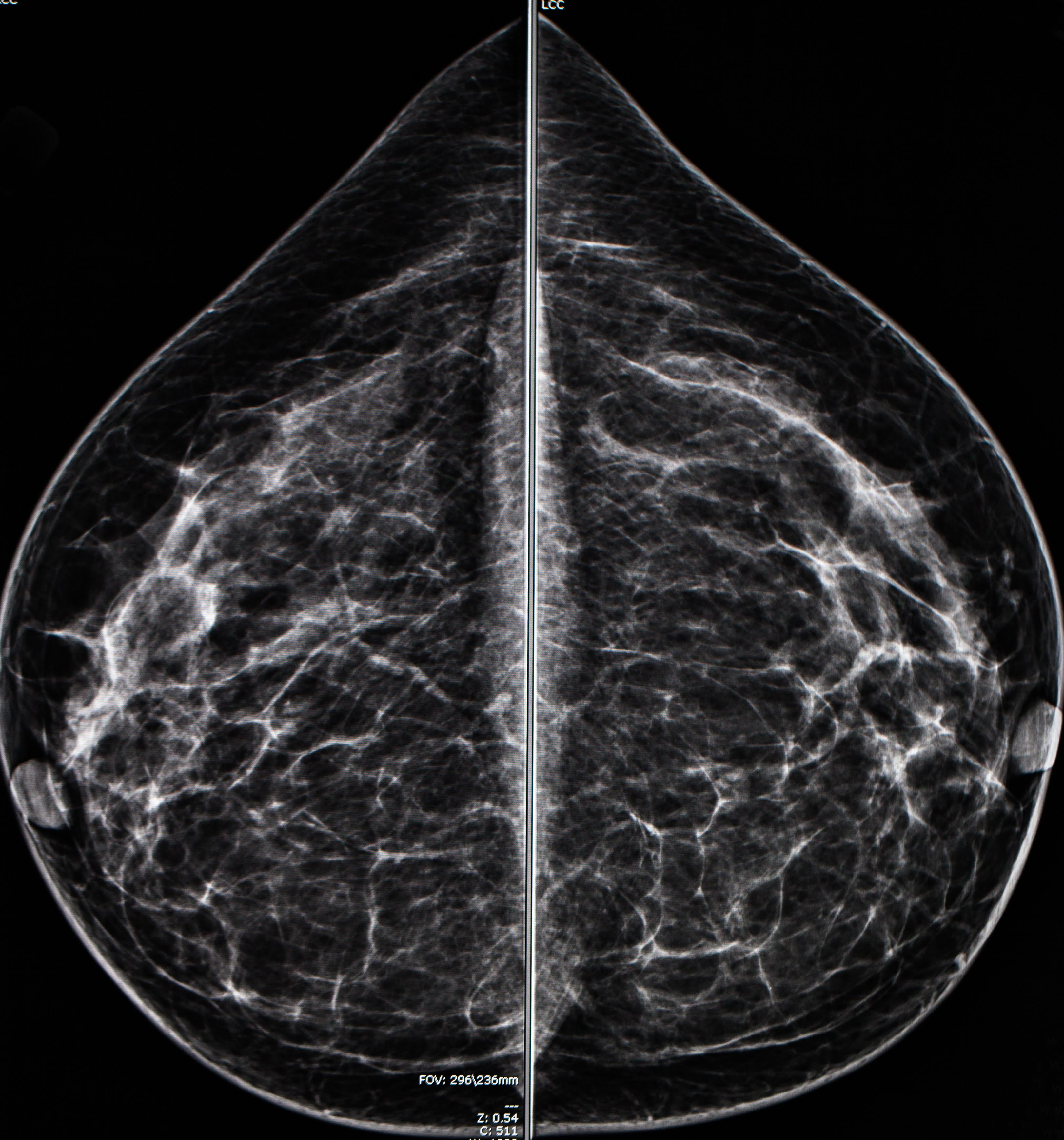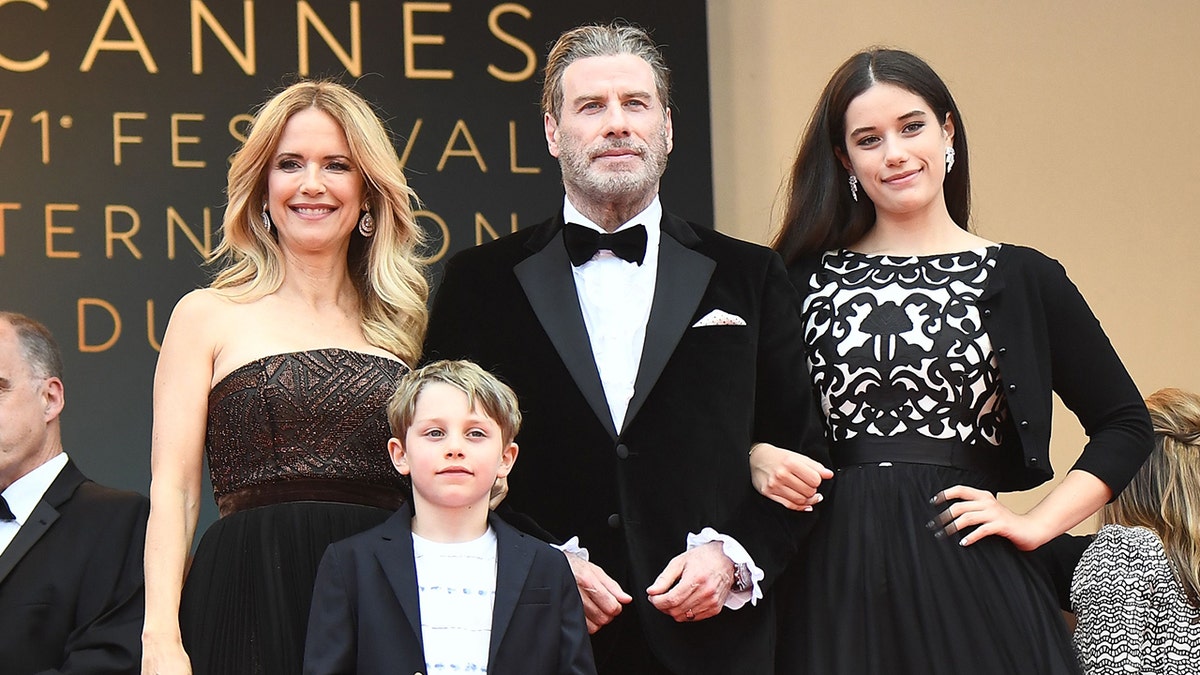Pope Francis: A Globalized Church Facing Deep Divisions

Table of Contents
Francis's Vision for a Globalized Church
Pope Francis envisions a Catholic Church that is truly global, embracing diversity and fostering unity despite differing viewpoints. This vision is driven by two core principles: inclusivity and dialogue, and decentralization through synodal processes.
Emphasis on Inclusivity and Dialogue
A hallmark of Pope Francis's papacy is his unwavering emphasis on welcoming marginalized communities and fostering open dialogue, both within the Church and with other faiths. This commitment to globalized Catholicism is evident in several key initiatives:
- Laudato Si': This encyclical emphasizes environmental stewardship and social justice, directly addressing issues impacting the most vulnerable populations globally, thereby promoting a more inclusive understanding of faith and responsibility.
- Emphasis on Migrant Rights: Pope Francis has consistently advocated for the rights and dignity of migrants and refugees, challenging nationalistic and exclusionary policies and urging compassion and solidarity within the global Catholic community.
- Interfaith Dialogue: He has actively engaged in interfaith dialogue with leaders from various religious traditions, fostering mutual understanding and respect, furthering his vision of a globalized Catholicism built on collaboration and shared values. Examples include his meetings with various religious leaders and his commitment to promoting peace in conflict zones through interfaith cooperation.
Decentralization and Synodal Processes
Pope Francis seeks to move away from a highly centralized Church structure towards a more decentralized and participatory model, emphasizing synodal processes for decision-making. This approach aims to better reflect the diverse voices and experiences within the global Catholic community:
- Synods of Bishops: He has significantly increased the frequency and scope of synods, involving bishops from around the world in discussions on key issues facing the Church. These synods aim to incorporate a wider range of perspectives into the decision-making process, better reflecting the globalized nature of the Church.
- Consultations and Listening Sessions: Pope Francis has implemented various consultations and listening sessions at local and regional levels, encouraging dialogue and feedback from lay Catholics, promoting participatory decision-making within a synodal Church.
- Challenges of Decentralization: The transition to a more decentralized structure presents inherent challenges, particularly within a hierarchical institution with established traditions. Balancing local autonomy with overall unity remains a significant ongoing task.
Deep Divisions Within the Catholic Church
Despite Pope Francis's efforts, the Catholic Church remains deeply divided along doctrinal, geographical, and political lines.
Doctrinal and Theological Disputes
Significant doctrinal and theological disputes continue to fuel divisions within the Church. These disagreements often center on issues of morality and interpretation of scripture:
- LGBTQ+ Rights: The Church's stance on LGBTQ+ issues is a source of considerable tension, with differing viewpoints on acceptance, inclusion, and pastoral care creating deep fissures within the global Catholic community.
- Women's Ordination: The debate over the ordination of women remains a significant point of contention, highlighting the conflict between tradition and evolving societal norms.
- Role of Tradition vs. Modernity: A fundamental division exists between those emphasizing strict adherence to tradition and those advocating for a more progressive interpretation of Catholic teachings in light of modern challenges and realities. This underpins many of the other disputes within the global Church.
Geographical and Cultural Variations
The global nature of the Catholic Church brings with it diverse cultural and regional interpretations of faith and practice, contributing to internal divisions:
- Diverse Liturgical Practices: Different regions have unique liturgical traditions and customs, leading to variations in worship and religious expression, reflecting the globalized, but diverse nature of the faith.
- Differing Social and Political Contexts: The application of universal Church teachings often faces challenges in diverse cultural and political contexts, resulting in different interpretations and priorities. This creates tension between universally applied doctrine and locally relevant cultural considerations.
- Challenges of Universal Doctrines: Applying universal doctrines to vastly different cultural situations necessitates nuanced approaches, fostering debate and differing interpretations across regions.
The Rise of Conservative Opposition
Pope Francis's reforms and initiatives have faced significant resistance from conservative factions within the Church:
- Traditionalist Resistance: Traditionalist groups actively oppose many of Pope Francis's reforms, viewing them as departures from established doctrines and practices, contributing to heightened divisions and resistance to the Pope's vision of a more globalized Church.
- Role of Media and Social Networks: Media outlets and social networks have amplified the voices of conservative opposition, often contributing to polarization and exacerbating existing divisions within the global Church.
- Internal Conflict and Public Disagreements: Public disagreements and internal conflicts between progressive and conservative factions have become increasingly prevalent, further highlighting the deep divisions within the Church's global structure.
Conclusion
Pope Francis's papacy presents a complex picture: a determined effort to create a more inclusive and globalized Church grappling with persistent and deep divisions stemming from doctrinal disagreements, geographical and cultural variations, and significant conservative opposition. The struggle to balance tradition and progress, universality and diversity, remains a central challenge for the future of the Catholic Church. Understanding the challenges faced by Pope Francis in leading a globalized Church, grappling with deep divisions, is crucial for appreciating the complexities of the modern Catholic faith. Further research into the issues discussed here is encouraged to deepen your understanding of Pope Francis's legacy and the future of the globalized Church.

Featured Posts
-
 The Closure Of Anchor Brewing Company Whats Next For San Franciscos Iconic Brewery
Apr 24, 2025
The Closure Of Anchor Brewing Company Whats Next For San Franciscos Iconic Brewery
Apr 24, 2025 -
 Breast Cancer Diagnosis After Missed Mammogram Learning From Tina Knowles Experience
Apr 24, 2025
Breast Cancer Diagnosis After Missed Mammogram Learning From Tina Knowles Experience
Apr 24, 2025 -
 Google Fis 35 Unlimited Plan Is It Right For You
Apr 24, 2025
Google Fis 35 Unlimited Plan Is It Right For You
Apr 24, 2025 -
 Remembering Jett Travolta John Travolta Shares A Photo On His Birthday
Apr 24, 2025
Remembering Jett Travolta John Travolta Shares A Photo On His Birthday
Apr 24, 2025 -
 New Instagram App Aims To Poach Tik Tok Creators
Apr 24, 2025
New Instagram App Aims To Poach Tik Tok Creators
Apr 24, 2025
